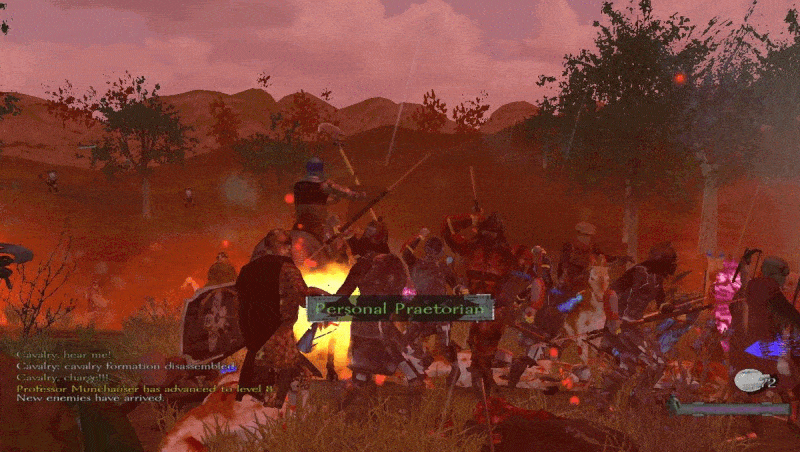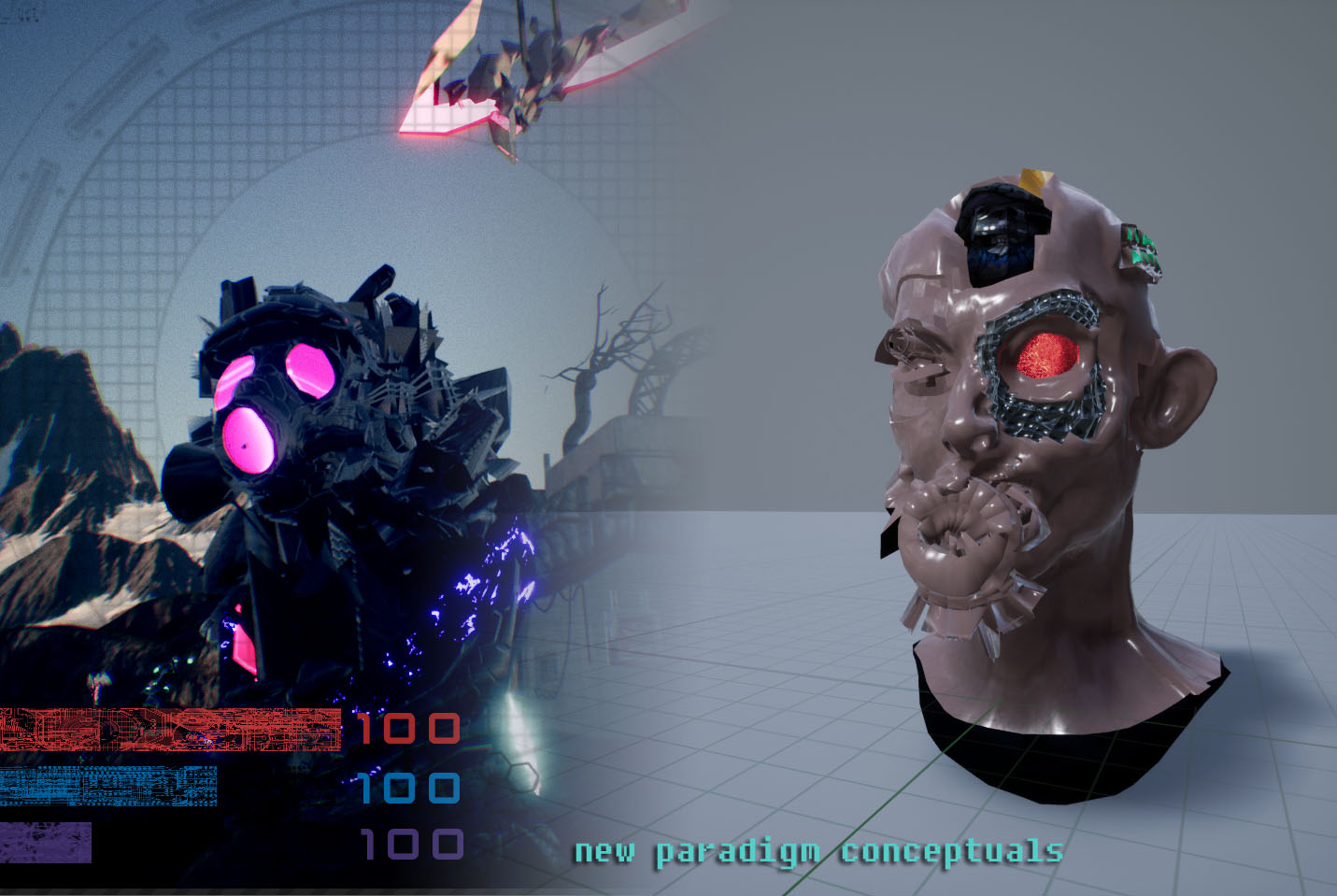
Simulation and Simulacra - Faking the reality
In this article, we will delve into the topic of a new reality and explore the dangers of losing control and being transported to a world beyond our control.
The world of simulation and simulacra is an elusive one, and in this article, we will delve into the concept of the new reality. The idea of a new world, stripped of old meanings, and a global paranoia that comes with it, has been explored in works of fiction such as Philip K. Dick's novels and David Cronenberg's films. But how can we translate these ideas into a more concrete understanding? This new reality, if it exists, is like an invisible ghost that is only accessible through special tools.
The philosopher Jean Baudrillard, author of "Simulacra and Simulation", depicts our current reality as one that is being replaced by a simulacrum. In simple terms, a simulacrum is a simulation of something that is fake, and often more vivid than the original. A perfect example of this, according to Baudrillard, is Disney World. It is a simulation of a world that does not exist in reality, but it presents a version of reality that is more beautiful and utopian. The same can be said for many aspects of our digital lives, where we have more 'friends' on social media than we do in real life, and advertisements present products as better than they really are.
The digital revolution has only just begun, and with each passing decade, the world is moving faster and faster. While some artists are searching for answers about the definition of reality, others, such as David Lynch, prefer to play with perception. In the film "Blue Velvet", Lynch explores the clash of utopian and dystopian worlds, and the dangerous allure of the latter, which is represented by the mysterious criminal Frank Booth, played by Dennis Hopper. Hopper's character represents the dark, dangerous hunger for thrills and excitement, and the breathing mask he wears symbolizes the connection to a deeper reality.

What if all you have is mask? Pictures from 'New Paradigm' project a new stand alone project in the Paradigm universe
The concept of masks and their connection to alternate realities is a common theme in works of fiction. In the video game "Paradigm Worlds", the use of masks, gasmasks, and VR-like devices symbolize two distinct ideas.
Firstly, the "Cronenbergian" concept of a helmet that connects us to a virtual and digital reality, dissolving us into a world-net.
Secondly, the "Lynchian" concept of a mask that enhances our experience of reality. Additionally, the Polish writer and philosopher Witold Gombrowicz explores the idea of behavior sets deeply ingrained in our perception through his concept of "pupa" and "upupianie". He argues that these behavior sets may shape our perception forever.
The question of reality has been explored by many great directors, such as Michelangelo Antonioni, whose "Blow Up" is a classic example, Brian De Palma's remake of the film "Blow Out", Peter Weir's "Truman Show", and David Cronenberg's "Naked Lunch". In "Altered States", there is also an interesting exploration of perception. Other films that touch on the theme of altered reality include "Event Horizon", "Pandorum", and "The Thing".
In conclusion, the idea of simulation and simulacra is a complex one that has been explored in various forms of media. As technology continues to evolve and change our reality, it is important to question what is real and what is not, and to consider the implications of entering a new world.
post scriptum
If you have made it this far in reading this article, it is likely that the names of movies and artists mentioned have piqued your interest. If so, you might want to explore more. Here is a short, personal hall of fame of directors who have explored the theme of reality in their works:
- Antonioni,
- Director known for questioning reality
- Notable work: Blow Up
- Remake: Brian De Palma's Blow Out
- Based on Antonioni's Blow Up, another director - Brian DePalma - made a remake as Blow Out
- Peter Weir, Peter Weir
- Renowned for Picnic at Hanging Rock
- Recommended work: The Truman Show
- David Cronenberg
- Known for his unique voice in film
- Notable work: Naked Lunch
- I wouldn't take it too serious - but there is an interesting voice about perception in Altered States.
- Event Horizon, Pandorum, The thing
I did not mention any name that inspired visual side of Paradigm, reality, altered states. There will come time for that too, but for now I should mention at least: Giger [art], Beksinski [art], and naturally years spent with various games.
These artists work is a core of Paradigm Worlds in that sense that it cannot be seen in any particular feature, or single mechanic - they rather inspired whole philosophic paradigm.
Note: This article was revised with the assistance of AI since English is not my first language. I believe that retaining the original language with its spelling and grammar errors is not necessary. Instead, I opted for revisions that maintain the original intent while making the text more comprehensible and intellectually accessible.
Below is the 'original' text:
But actually, we need to be little bit more specific. Can we translate this 'prophecies' into a more detailed view?
This new reality, if we want to enter it, and see for ourselves, is elusive. Compare it to a invisible to human eye ghost. To see it, we need special tools.
First, let's learn, what we are looking for? With this question, we have to visit Jean Baudrilliard author of Simulacra and simulation. Baudrilliards depicts our current reality as a world that is being replaced by a simulacra. So what is simulacrum?
In one sentence: Simulacrum is a simulation of fake, usually this simulation is more vibrant than original.
For instance, Baudrilliard calls Disneyworld as a perfect example of simulacrum. It is a simulation of a world that does not really exist, there is no Disney-country, or state, yet it has representation that presents reality as better, more beautiful, utopian. You can extrapolate this concept to any part of our 'digital'life. For instance we have more 'friends' than ever, but some of them we haven't even met in reality. Commercials present their products as better that they are (I was a photographer for over 13 years, I can tell you that), magazines present celebrities as uber-mensch even if they fail, their failure are epic and so on.
If you follow that lead it is easy to see that within a couple of decades we just have undergone one digital revolution and we are at the beginning of next one. Industrial revolution last circa 80 years, so yes, world is going faster and faster.
While there are artists searching for the answer about possibility and definition of reality, there are others who rather focus on our own surroundings. Now, creators like David Lynch, had their own part in global discussion in culture about perception. Instead of asking questions, David Lynch is rather playing with it.
Blue Velvet as uber-real, ultimate clash of utopian (perfect good) and dystopian (ideal evil - hell) worlds - ironic, cruel, amazing. This evil, but tempting world is 'ruled' by secretive individuality, a dangerous criminal, Frank Booth played by Dennis Hopper.
What Harrison Ford meant to Blade Runner, James Woods to Videodrome, that exactly meant Dennis Hopper to Blue Velvet. I like him for Easy Rider (another movie about breaking reality btw), but for what he has done as an actor in Blue Velvet I will respect and remember him forever.
A unique Hopper's creation in Blue Velvet, was also possible thanks to Lynch, naturally, too. Hopper plays a mysterious criminal. A symbolic figure, representing darkest, deepest danger from evil, you might call him a devil. Devil is a common concept for Lynch in general - a small, tiny man, sometimes bald, with a very pale face. He was in Twin Peaks, he is also important figure in Lynche's pastiche of a Doctor Faustus tragedy - or rather Goethe's play - Lost Highway.
Going back to character played by Hopper. He is The Devil, but he also represents danger and hunger for thrill and excitement. During whole movie Frank Booth keeps in hand a breathing mask with plastic wire. This wire is not particularly attached to anything - it is connected to whole reality. And Hopper breathing through mask is sucking-in reality to enhance experience.
If you ever played Paradigm Worlds you have probably realized that I have an unhealthy obsession about masks. Lots of creatures wears mask, gasmasks, they have some futuristic looking VR-like-devices. These symbolize two concepts:
-
'Cronenbergian' idea of HELMET that will connect us to other, probably virtual and digital reality and dissolve us in a world-net
-
'Lynchian' concept of mask that allow suck-in more and better reality
post scriptum
If you managed to get so far (this article isn't easiest to read) than it might be that names of movies and artist made you curious. Maybe you would like to know some others. Here is short list, a private hall of fame:
Question - about reality - was asked by many unique directors, like:
- Antonioni, (my favourite - Blow up), but his most of work is about questioning reality
- Based on Antonioni's Blow Up, another director - Brian DePalma - made a remake as Blow Out
- Peter Weir, was respected for years for his famous Picnic at Hanging Rock but I am limited, and personally did not understand that movie. If I would encourage to see his movie, it would be rather Truman Show.
- And again I cannot forget about another Cronenberg's pearl - Naked lunch.
- I wouldn't take it too serious - but there is an interesting voice about perception in Altered States.
- Event Horizon, Pandorum, The thing
I did not mention any name that inspired visual side of Paradigm, reality, altered states. There will come time for that too, but for now I should mention at least: Giger [art], Beksinski [art], and naturally years spent with various games.
These artists work is a core of Paradigm Worlds in that sense that it cannot be seen in any particular feature, or single mechanic - they rather inspired whole philosophic paradigm.

